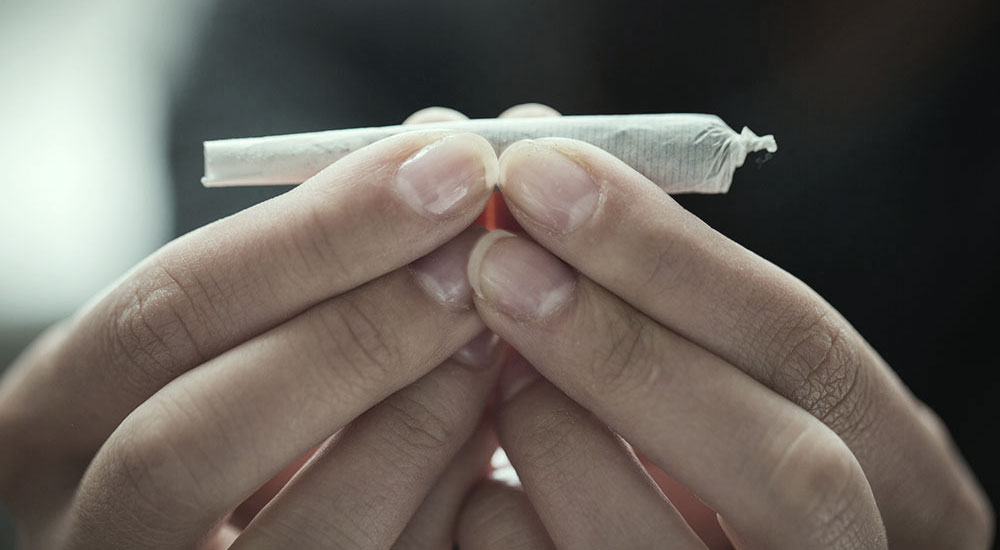Fully vaccinated persons with a clinical diagnosis of cannabis use disorder (CUD) possess a greater risk of COVID breakthrough infections as compared to similar controls, according to data published in the journal World Psychiatry.
Researchers with the US National Institutes of Health and Case Western Reserve University in Cleveland evaluated whether those with a diagnosis of a substance abuse disorder (SUD) were at increased risk of breakthrough COVID infections in a cohort of 579,372 fully vaccinated individuals. Subjects’ substance abuse status was based on the ICD (International Classification of Diseases)-10 diagnosis code of “mental and behavioral disorders due to psychoactive substance use.” Subjects in the study designated with SUD tended to be older and possessed overall poorer health than did controls. Just over 2,000 persons in the cohort met the criteria for cannabis use disorder.
Overall, authors reported that those with a SUD diagnosis were more likely to suffer from breakthrough COVID infections compared to controls as well as from poorer COVID outcomes (e.g., hospitalization and death). This risk was no longer significant for most SUD subjects once authors adjusted for confounding variables. By contrast, cannabis use disorder subjects continued to possess an elevated risk of infection compared to controls (HR=1.55), even after investigators adjusted for confounders.
Authors reported: “Patients with cannabis use disorder, who were younger and had less comorbidities than the other SUD subtypes, had higher risk for breakthrough infection even after they were matched for adverse socioeconomic determinants of health and comorbid medical conditions with non-SUD patients (HR=1.55). This may indicate that additional variables, such as behavioral factors or adverse effects of cannabis on pulmonary and immune function, could contribute to the higher risk for breakthrough infection in this group.”
Within the SUD population, the risk of breakthrough infections was highest for those who had “recent medical encounters for the SUD diagnosis.”
Commenting on the paper’s findings, NORML’s Deputy Director Paul Armentano said that study “raises more questions than it answers,” but also cautioned that its findings should not yet be extrapolated to the cannabis consuming population as a whole. “Those subjects with this clinical diagnosis represent a very small and distinct subset of the cannabis consuming community and it is possible that they may possess certain behavioral traits or characteristics that place them at higher risk,” he said. “Arguably tens of thousands of cannabis consumers who did not have this diagnosis were also included in this cohort of over half a million people and they were classified as controls (subjects without a substance abuse disorder). Therefore, we have no idea from these findings what elevated risks, if any, these non-classified consumers – who comprise the overwhelming majority of marijuana users – possess.”
Throughout the COVID-19 pandemic, NORML has issued guidance with respect to how cannabis consumers may be able to mitigate their risks of either COVID exposure and/or adverse health outcomes due to the disease.
Related
Medical Disclaimer:
The information provided in these blog posts is intended for general informational and educational purposes only. It is not a substitute for professional medical advice, diagnosis, or treatment. Always seek the advice of your physician or other qualified healthcare provider with any questions you may have regarding a medical condition. The use of any information provided in these blog posts is solely at your own risk. The authors and the website do not recommend or endorse any specific products, treatments, or procedures mentioned. Reliance on any information in these blog posts is solely at your own discretion.






